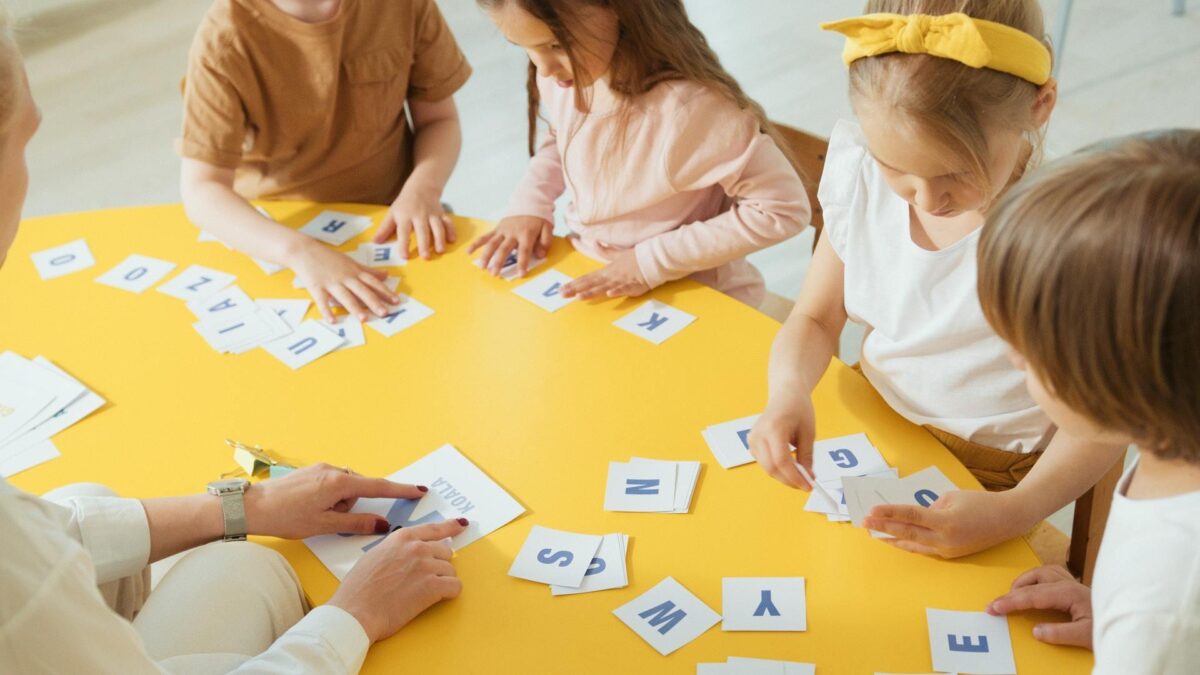Summer Learning Activities To Keep Students Engaged

Many children spend the school year eagerly counting down the days until summer break. It’s not hard to see the appeal. Kids often spend their summers playing with friends, relaxing, and — most importantly — not stressing over homework and tests. But your child’s education shouldn’t stop when school does. Keep them on track and entertained with easy and affordable summer learning activities.
The Importance of Summer Learning Activities
No student wants to think about calculators and textbooks during the summer months. But taking a break from learning during this period can have serious consequences. One recent study discovered that students lose between 17 and 28% of the English Language Arts knowledge they gained during the school year over the summer. Also, students forget 25 to 34% of their math skills during this time.
This learning loss can lead to a phenomenon known as the achievement gap or summer gap-growth. According to this theory, students from lower-income families and other disadvantaged groups tend to experience the most summer learning loss. By contrast, higher-income students have access to more educational resources that allow them to gain knowledge over the summer.
As students progress through school, this educational disparity contributes to a widening achievement gap between students from different income levels. Active learning experiences can help students from all backgrounds escape the dreaded summer slide and maintain academic skills.
Other advantages of summer activities include:
- Bust boredom: Kids can quickly get tired of their usual hobbies and toys, especially during rainy summer days. Fun learning activities like writing silly poems or watching an educational video will keep their brains active and occupied.
- Decrease screen time: Without guidance, your child or teen may spend most of their summer looking at a screen instead of learning and socializing. According to the American Academy of Child & Adolescent Psychiatry, children aged 8 to 12 years spend an average of four to six hours a day watching or using screens. Older kids fare even worse, with teenagers interacting with electronic devices for up to 9 hours daily. Cut back on screen time by planning meaningful summertime experiences.
Promote passion for learning: Summer is the ideal time for your child to focus on the subjects that truly interest them. Plus, they can learn at their own pace without the pressure of a grade. Consider creating an educational summer project to encourage your young learner to study the topics they love. For example, a nature-loving kid can expand their knowledge of biology by helping their family grow a vegetable garden. Try spending an afternoon doing a fun science activity like building homemade rockets.
5 Summer Learning Activities for Students
Many parents feel overwhelmed by the thought of planning a full schedule of summer school activities. Luckily, you don’t need to be a creative genius to keep your child educated and entertained. There are plenty of simple exercises and accessible resources to challenge students at every grade level. You can start brainstorming activities by thinking about the academic skills your child finds the most difficult. For example, if your first grader needs to brush up on their counting skills, you can add counting board games to family game nights. And don’t forget to ask your child what they want to learn this summer. They may be eager to spend time studying topics they don’t get to focus on in school, like dinosaur species or creative writing. Here are five simple summer activities to get started.
1. Join a Summer Reading Program
Many public libraries host free summer reading programs to encourage children and teens to read books. Young readers often receive prizes for completing books, which can be a powerful motivator. Research shows that participating in summer reading programs can prevent summer slide. Plus, summer reading helps students improve skills like grammar, spelling, and reading comprehension.
2. Improve Writing Skills With Daily Prompts
Communication is an essential skill, but many children and teens find it difficult to express themselves through writing. Establish a daily writing routine to help your child sharpen their writing abilities. Many websites and social media accounts provide free daily prompts to spark creativity and keep writing exciting.
 For instance, one day you may challenge your child to write a silly poem about their favorite pet. The next day, they can write a short story about a detective, and so on. Consider writing alongside your child to model lifelong learning and turn the activity into a friendly competition.
For instance, one day you may challenge your child to write a silly poem about their favorite pet. The next day, they can write a short story about a detective, and so on. Consider writing alongside your child to model lifelong learning and turn the activity into a friendly competition.
3. Visit Your Local Science and Industry Museum
Add variety to your summer routine by taking a family field trip to your local science or natural history museum. Many museums offer student discounts and have active learning experiences geared toward children. For example, your child may have the opportunity to do a scavenger hunt or develop engineering skills with Legos.
Additionally, most museums offer affordable day camps and family events. These activities boost social skills and eliminate screen time.
4. Spend a Rainy Day Playing Educational Video Games
Many video games blend education and entertainment. For example, the Civilization series teaches players about history, and The Oregon Trail remakes allow children to develop decision-making skills. Plus, free online math games build algebra and geometry abilities. These interactive games make learning fun and effortless.
Other benefits of playing video games include increased cognitive functioning, hand-eye coordination, and strategic thinking abilities. So the next time it rains, you can set your child up with an educational game without guilt.
5. Turn Summertime Experiences Into Lessons
Use your daily activities as an endless source of summer learning ideas. For example, a hike in the woods is an excellent opportunity to learn about animals, fungi, and geology. And baking cookies or experimenting with recipes can help your child practice counting skills and fractions. When it comes to summer learning experiences, the only limit is your imagination.
Avoid Summer Learning Loss With Alexander Tutoring
Imagining new things to learn over the summer can transform a boring vacation into an enriching educational experience. Incorporate fun lessons into your daily routine to exercise your child’s brain and help them retain essential academic skills.
Math tutoring is another great way to help your child learn this summer. Students can improve an entire grade level with Alexander Tutoring’s online summer math intensive tutoring. Your young learner will sharpen their skills and return to school with renewed confidence. Contact Alexander Tutoring today to learn about our highly effective tutoring services and schedule your first session.



